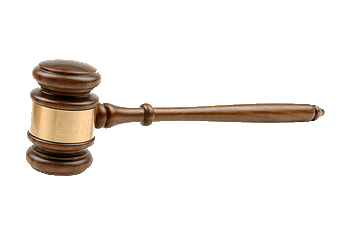How can I reduce my Inheritance tax bill?
It is important that we all pay our taxes, but do we want our loved ones to pay more tax than they need to? If the answer is no, then it is worth looking at inheritance tax planning which can provide you with legal advice on how to legitimately reduce the amount of tax that is payable against your estate when your loved one(s) inherit your estate after you have passed away.
The amount of inheritance payable depends on the overall value of your estate which includes everything that you have accumulated during your lifetime i.e. money in your bank account(s), savings, properties, shares or life insurance, excluding any debts.
Estates will be subject to 40% tax if the value of the estate is above £325,000 and your civil partner, spouse or charity is not the named beneficiary. Depending on your personal circumstances, the £325,000 tax-free cap could be higher. If you leave money to a charity, then the percentage of tax could be reduced.
There are lots of questions to ask regarding reducing your loved ones inheritance tax bill such as: –
What are the inheritance tax rules if I am married?
What are the inheritance tax rules if I work for the police, armed forces, firefighter or paramedic?
What are the inheritance tax rules if I have children?
What are the inheritance tax rules if I have grandchildren?
What are the inheritance tax rules if I have no direct descendants?
What are the inheritance tax rules if I want to leave a legacy for a charity?
What are the inheritance tax rule if we were tenants in common?
What are the inheritance tax rules if I am not married?
If you want to know more, try our quote generator or get in touch Or you may require one of our Wills and Probate services. See below.



